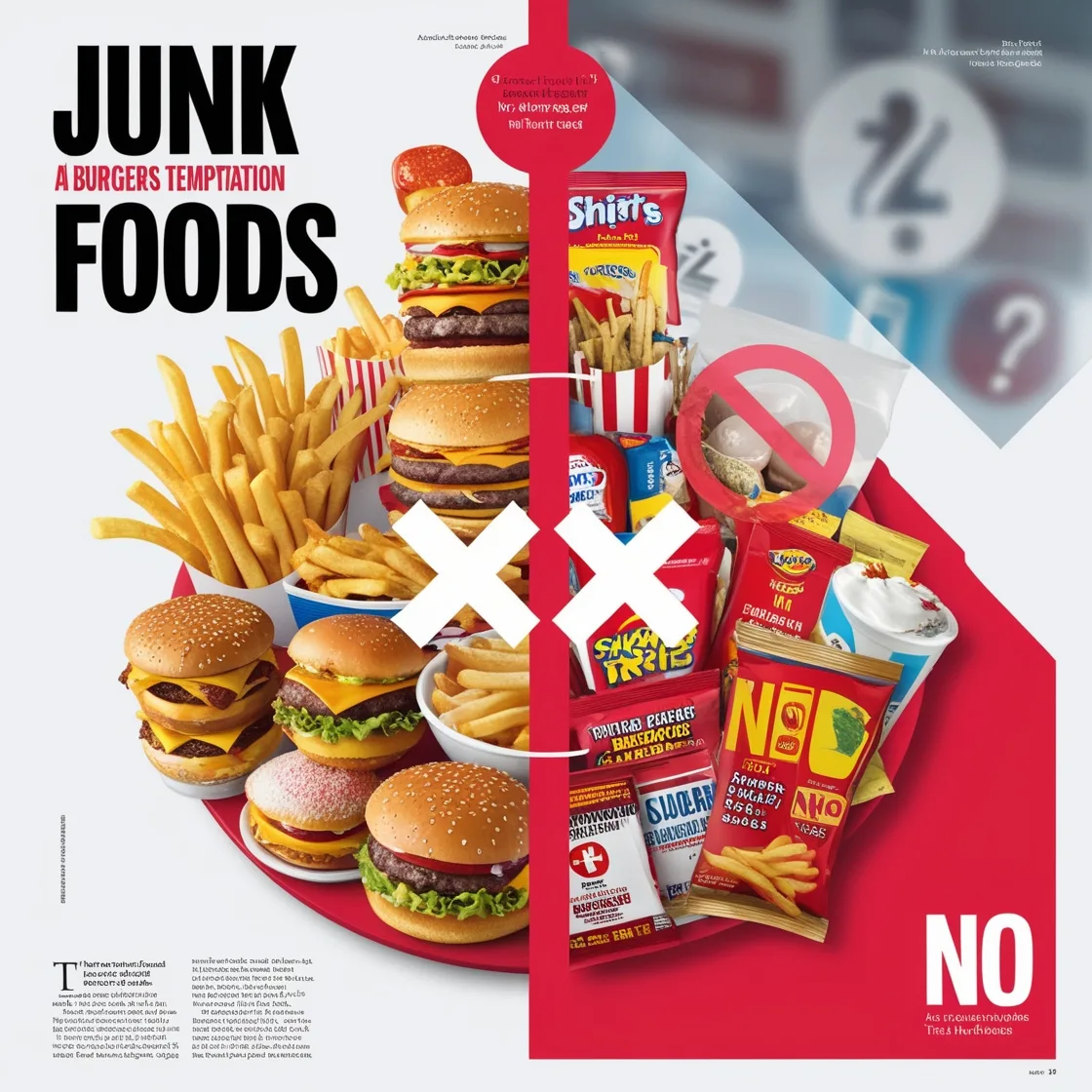For decades, discussions around fetal alcohol spectrum disorders (FASD) have primarily focused on the mother’s alcohol consumption during pregnancy. Recent research, however, highlights an often-overlooked factor: the father’s drinking habits before conception. This evolving understanding could significantly impact public health strategies and personal practices related to pregnancy planning.
The Established Risks of Maternal Alcohol Consumption
The risks associated with maternal alcohol consumption during pregnancy are well-documented. Even small amounts of alcohol—sometimes as little as one drink per week—can lead to cognitive impairments, behavioural issues, and specific physical features associated with FASD. The consensus among health professionals is clear: no amount of alcohol is safe during pregnancy, and complete abstinence is recommended. Read more about the risks of alcohol during pregnancy on the CDC website.
The Emerging Role of Paternal Alcohol Consumption
Historically, the attention on maternal drinking has overshadowed the impact of paternal alcohol consumption. Scholars such as Michael Golding from Texas A&M University have harboured suspicions for a considerable period that alcohol ingested by fathers prior to conception might impact foetal development. Over the years, there have been reports from women who have given birth to children with Fetal Alcohol Spectrum Disorder (FASD) despite refraining from alcohol consumption themselves, while their partners were known to be heavy drinkers. Regrettably, these assertions were frequently disregarded or inadequately explored.
Recent Findings on Paternal Drinking
Recent research has started to emphasize the potential consequences of paternal alcohol consumption. An observational study conducted in 2021, which encompassed more than 500,000 couples in China, revealed that infants born to fathers who consumed alcohol before conception faced an elevated likelihood of experiencing different birth abnormalities, such as cleft palate and congenital heart disease. The study indicated that fathers who ingested over 50 ml (1.7 fl oz) of alcohol daily in the three months leading up to conception exhibited a notably increased risk of congenital heart defects in comparison to non-drinkers. Read the study here.
A recent study published in July 2024 delved into the potential effects of paternal alcohol consumption prior to conception on fetal growth. Despite the intricate nature of the exact causal pathways involved, this study provides evidence in favor of the idea that paternal drinking may play a role in shaping developmental results. Explore the findings from this study.
Insights from Animal Studies
Animal studies have contributed valuable insights into the effects of paternal alcohol consumption. Findings from research conducted on mice indicate that offspring displayed physical and developmental irregularities when exposed to paternal alcohol consumption, regardless of maternal abstinence. The observed abnormalities were notably exacerbated in cases where both parents consumed alcohol. This body of research indicates that paternal alcohol intake has the potential to modify sperm composition and impact the development of offspring. Learn more about these findings.
Golding’s study also investigated the impact of alcohol on sperm at the epigenetic level, which may lead to changes in gene expression in the embryo. This disturbance in DNA methylation has the potential to result in developmental abnormalities in the offspring. Read about epigenetic changes in sperm.
Implications for Public Health
Maternal alcohol consumption continues to be identified as a significant risk factor for Fetal Alcohol Spectrum Disorder (FASD); however, there is growing recognition of the potential impact of paternal drinking on this disorder. Integrating guidance for fathers into public health initiatives may not only mitigate the risk of FASD but also potentially influence maternal alcohol consumption. Research suggests that the drinking habits of partners can influence a woman’s alcohol consumption behavior during pregnancy. Discover more about the impact of partner drinking.
Practical Guidance for Future Fathers
At present, there is a lack of specific guidelines delineating safe alcohol consumption thresholds for prospective fathers prior to conception. Nevertheless, in light of evolving research findings, it is advisable for men intending to father children to moderate or abstain from alcohol consumption. The reduction of alcohol intake before conception may mitigate the likelihood of developmental complications in offspring and enhance general health outcomes.
The established impact of maternal alcohol consumption on Fetal Alcohol Spectrum Disorder (FASD) is well-documented. However, the increasing evidence of the influence of paternal alcohol consumption emphasizes the necessity of a holistic approach to FASD prevention. The health decisions made by both partners play a vital role in guaranteeing a healthy beginning for their prospective offspring. By broadening the scope to encompass paternal drinking behaviours, there is an opportunity to enhance initiatives aimed at fostering healthy pregnancies and achieving improved outcomes for forthcoming generations.









Nice share